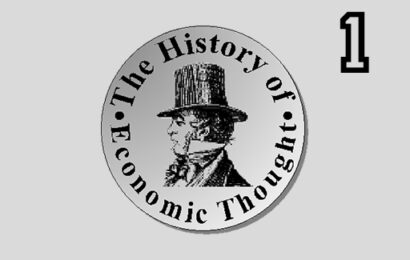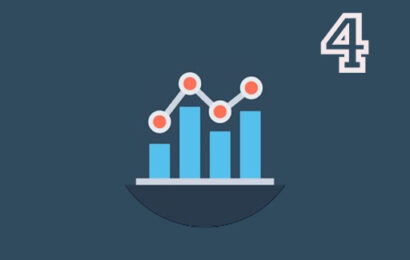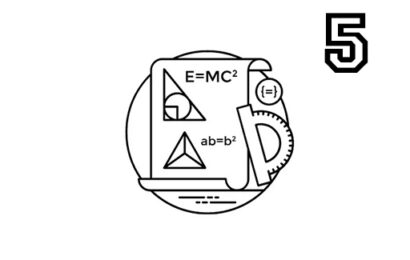
- Quizzes: 10
Microeconomics is a branch of economics that studies individual consumers, businesses, and markets, analyzing how they allocate resources and make decisions. Its roots trace back to classical economic theories developed by Adam Smith, David Ricardo, and John Stuart Mill, later refined by neoclassical economists like Alfred Marshall. The 20th century saw advancements with game theory, behavioral economics, and market dynamics.
Microeconomic thought revolves around key concepts such as demand and supply, price determination, elasticity, consumer behavior, and market structures. These principles help explain how prices are set, how firms compete, and how individuals make economic choices.
In practical applications, microeconomics is used in business strategy, public policy, & financial decision-making. It helps companies optimize production, governments design taxation policies, & individuals make informed spending choices. Concepts like opportunity cost, marginal analysis, & market efficiency influence everything from corporate pricing strategies to regulatory policies.
Understanding microeconomics empowers businesses, policymakers, and consumers to make better financial decisions, ensuring resource efficiency and economic stability. Whether, the shaping business strategies or influencing global markets, microeconomics remains a vital tool in understanding the complexities of everyday economic interactions.
Curriculum
- 2 Sections
- 0 Lessons
- Lifetime
- Notes0
- MCQ10
- 2.1Theory of Consumer Behaviour10 Minutes20 Questions
- 2.2Theory of Production and Costs10 Minutes20 Questions
- 2.3Decision making under uncertainty Attitude towards Risk10 Minutes20 Questions
- 2.4Game Theory – Non-Cooperative Games10 Minutes20 Questions
- 2.5Market Structures, competitive and non-competitive equilibria and their efficiency properties10 Minutes20 Questions
- 2.6Factor Pricing10 Minutes20 Questions
- 2.7General Equilibrium Analysis10 Minutes20 Questions
- 2.8Efficiency Criteria: Pareto-Optimality, Kaldor – Hicks and Wealth Maximization10 Minutes20 Questions
- 2.9Welfare Economics: Fundamental Theorems, Social Welfare Function10 Minutes20 Questions
- 2.10Asymmetric Information, Adverse Selection & Moral Hazard10 Minutes20 Questions






